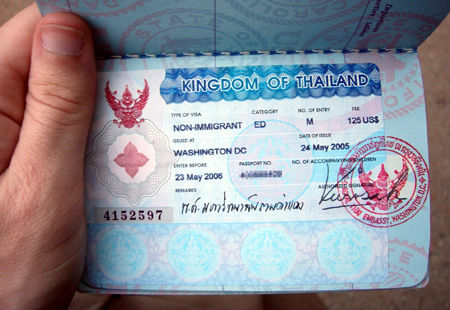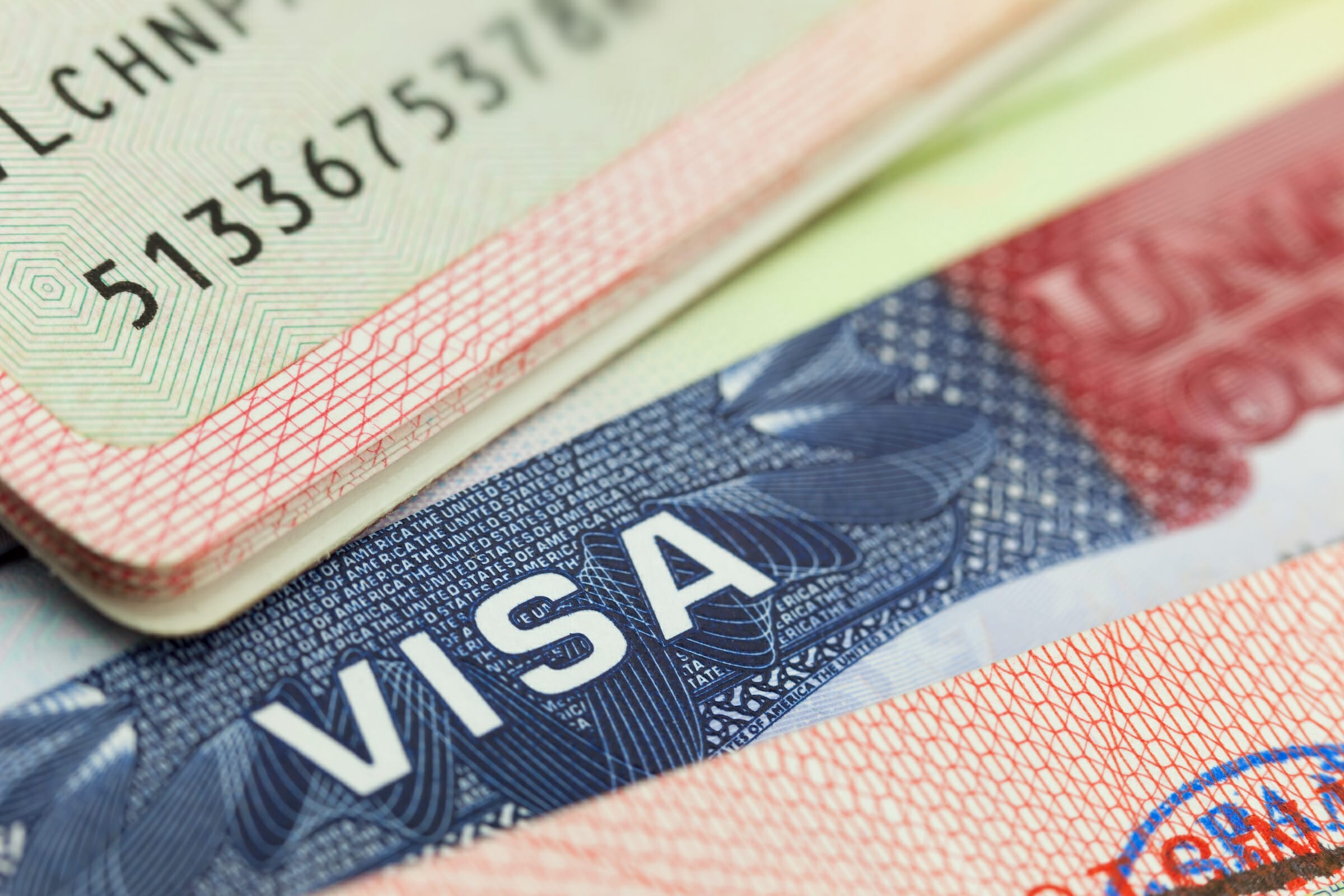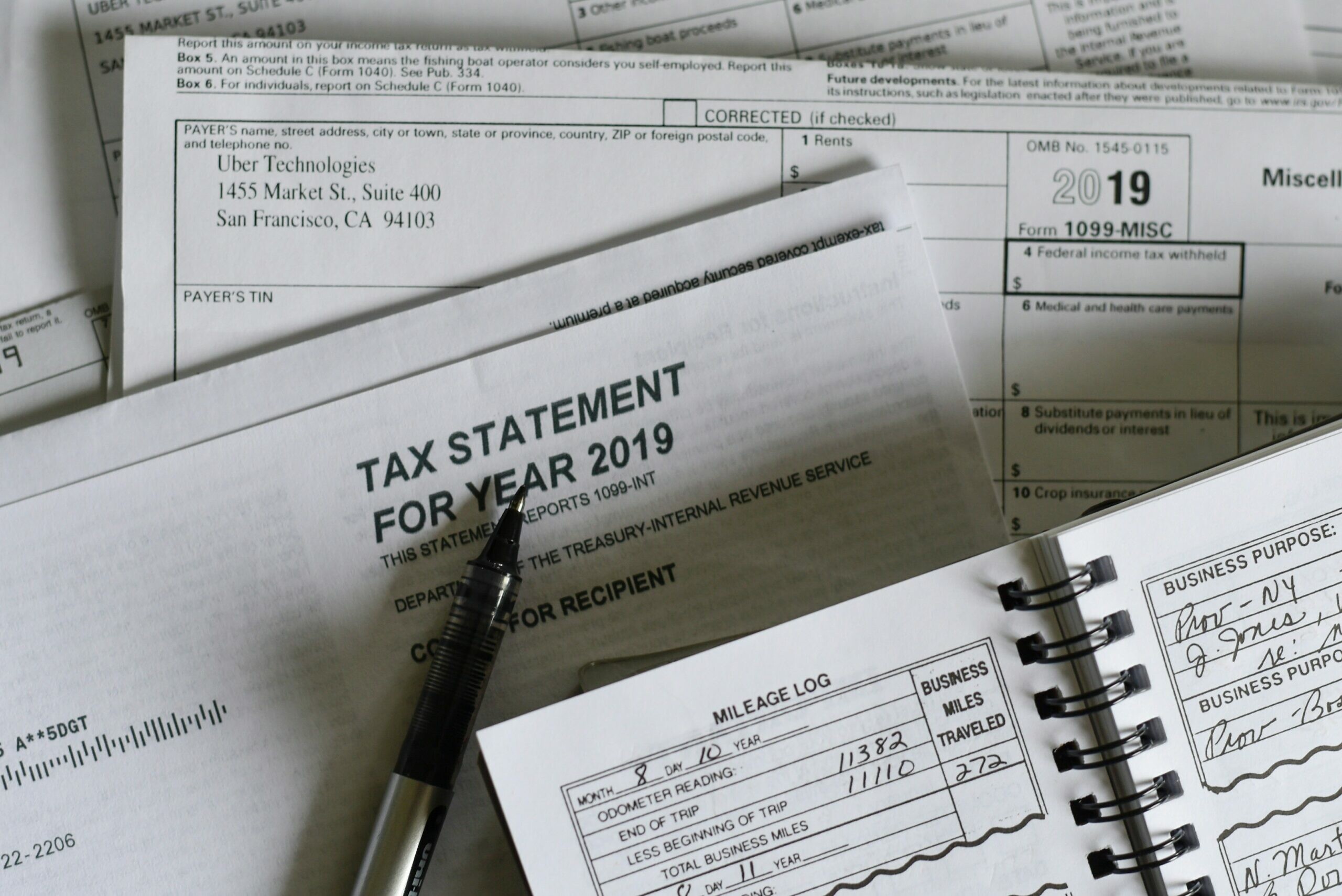
Multiple-entry means a visa holder is allowed to enter a foreign territory several times, provided that the visa’s validity has not yet expired. Thailand immigration protocols are often described as one of the most confusing immigration policies in the world. This explains why so many foreigners now unintentionally commit immigration related violations. One of the problems that visitors encounter is the confusion between visa extensions and multiple-entry visas. More often than not, many misunderstood what these visa terms connote.
There are even instances where these two concepts have been interchangeably used, when in fact; both are highly different from each other. The need to know these terms does not only contribute to one’s knowledge. But, most importantly, it saves visa holders from the risk of paying fines and being imprisoned.
Multiple-entry
Multiple-entry means a visa holder is allowed to enter a foreign territory several times, provided that the visa’s validity has not yet expired. This is in contrast with the single-entry visa. Apparently, the latter can be only used once. The key to a better understanding of multiple-entry visa is in knowing or understanding what “visa validity” is. Visa validity refers to the period that a visa can be used. Oftentimes, single-entry visas are valid for only 3 months while multiple entry visas are valid for a year. This is of course, only under Thailand’s context. Visa validity in other countries may differ.
To illustrate it further, holders of a single-entry visa can only enter Thailand once, within 3 months. On the other hand, holders of multiple-entry visa are allowed to enter the Land of Smiles for several times, within a year. Given this aspect at hand, it must be remembered that the Thailand tourist visa is the only single-entry visa for Thailand.
Visa extension
As the term “extension” connotes, a visa extension simply means lengthening or prolonging one’s stay in Thailand without leaving the country. Take for example the case of tourist visa holders. These visitors may only remain in Thailand for a maximum of 60 days. Should they feel the need for additional time, they must file for an extension at the Office of the Immigration Bureau. The same rule applies for non-immigrant visa holders. If visa validity is the key to
understanding multiple-entry Thai visa, here in visa extension, one must be fully aware of the so-called “authorized period of stay.”
The authorized period of stay is the amount of time that a visa holder can stay in another country. In order to secure the approval of one’s extension, the application must be applied a week before the authorized period of stay ends. With regard to visa holders, they may be able to apply and obtain extensions before their visas are due to expire, at the nearest Thai embassy or Consulate in their location.






